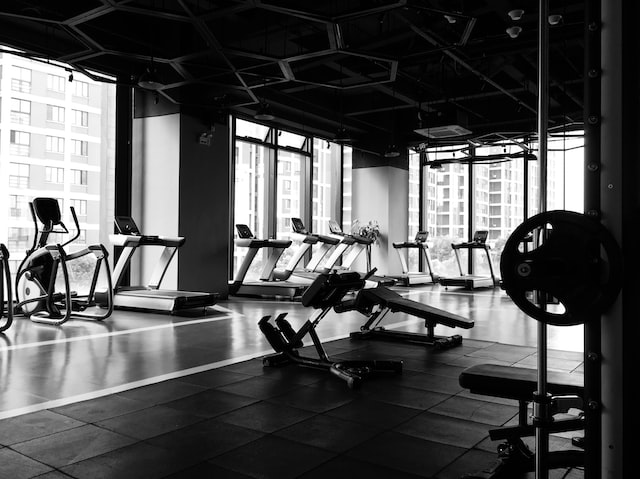Most people go to the gym because it helps them relieve stress. But, whether you are stressed about work, school, or home, you are not alone. If you’re one of the millions of Americans who suffer from depression, anxiety, or other mental health difficulties, exercise can help you feel better. In addition, it can improve your mood and boost your energy levels. It’s also a great way to meet new people.
Open doors to friendships
The best way to kick up your feet is to get out there and do high-intensity interval training (HIIT). Having an exercise buddy to hang out with while you get your cardio on can go a long way toward achieving your fitness goals. Several online services and gyms in Bellevue WA offer group-based sessions, with most of the top-notch providers providing free membership for a trial period.
Reduces depression symptoms
Exercise is known to reduce fatigue, stress, and depression symptoms. It can also increase the brain’s dopamine and serotonin levels. It, in turn, helps the body to experience a better sense of well-being and reduces symptoms of anxiety and depression.
Although exercise is known to improve physical and mental health, it is uncertain how effective it is in treating depression. Research on exercise and depression has been conducted; however, some have failed to uncover a link between the two. In the future, researchers need to examine the efficacy of exercise in combination with medications. Some researchers have found that exercise can help reduce the adverse effects of antidepressants.
Helps prevent and treat anxiety
Exercise is good for you and can help prevent and treat anxiety. It improves mental health and coping skills and can increase confidence. In addition, it can provide social interaction, which is especially beneficial for those with anxiety disorders.
Eases the fight-or-flight reaction we feel in stressful situations
If you’re worried about stress, exercise can help. It’s been shown to alleviate our fight-or-flight reaction in stressful situations. Exercise also can increase the levels of feel-good neurotransmitters in our brains.
Stress causes your heart to beat faster, your muscles to tense, and your breathing to speed up. Your brain produces a variety of hormones to help your body react. They are part of the hypothalamic-pituitary-adrenal (HPA) axis.
The HPA axis is the key to understanding how stress works. This axis is part of the autonomic nervous system. When you have a stressful situation, your sympathetic nervous system kicks in. It signals your adrenal glands to release adrenalin and cortisol. These hormones trigger a cascade of other hormones.
Stimulates blood flow and nourishes skin cells
Regular exercise improves the health of your skin. It stimulates blood flow, which helps clean your skin, and it promotes an even skin tone. The oxygen-rich blood also nourishes your skin from the inside.
In addition to promoting healthy circulation, regular exercise also improves mental and physical outlook. Research has shown that exercise can reduce the risk of heart disease, stroke, osteoporosis, breast cancer, and many other conditions.
One study has shown that moderate exercise may reduce the effects of aging on the skin. Skin samples from the exercisers were compared to that of non-exposed subjects. Results showed that the healthy skin of the exercisers was similar to that of people in their 20s and 30s.

